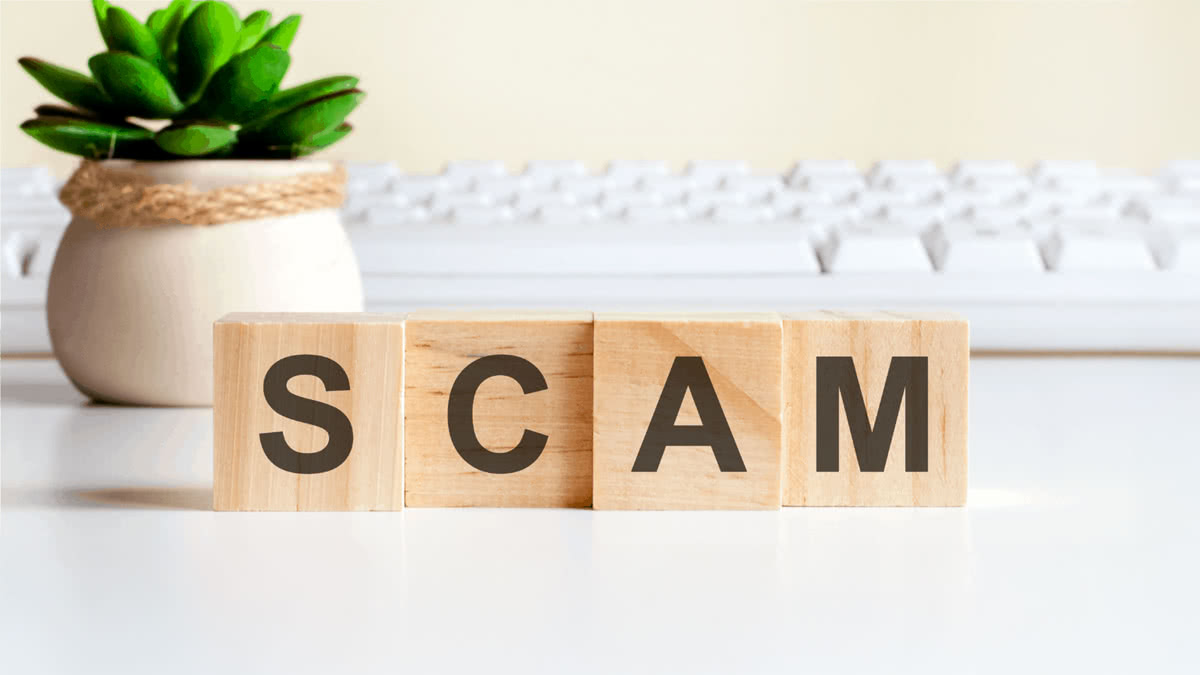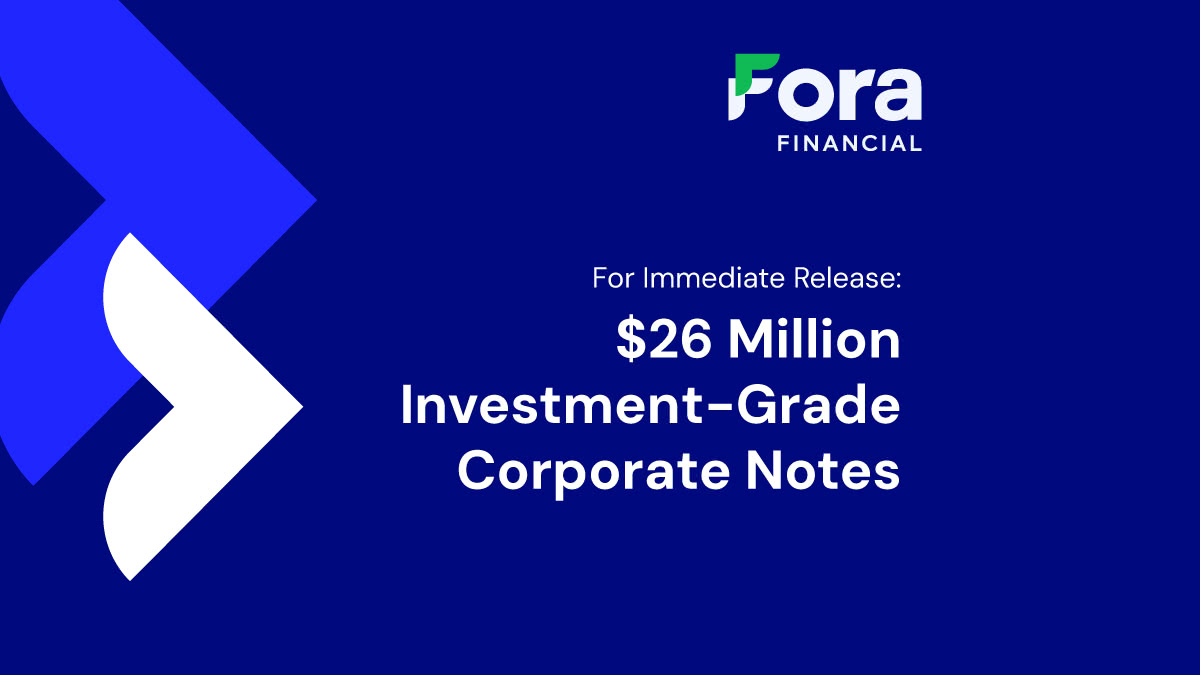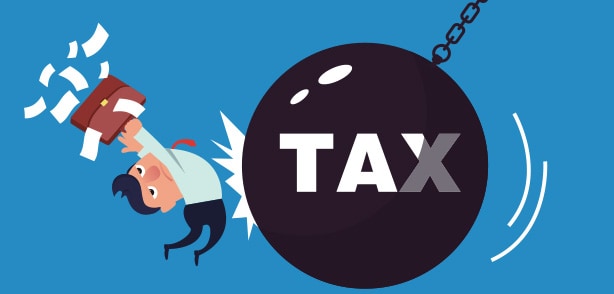Seven Business Loan Scams and How to Avoid Them

The best way to avert a business-loan scam, whether it shows up online, in your mailbox, or on the phone, is to learn the most common red flags. Here we share common scams and the ways to avoid them.
Beware! Potential fraud in progress.
Fraudulent loan offers can show up in many ways, including through these "worst practices:"
1. An SBA or other "trusted source" fraud.
Many business loan scammers make unsolicited offers representing the Small Business Administration (SBA), the Social Security Administration, or the IRS.
2. "Peer-lending" scams.
"P2P" loans are a legitimate way to borrow. But if you receive an unsolicited offer from someone claiming to represent such a platform, beware. Don't provide any financial information before vetting them thoroughly.
3. "Ghost-investor" scams.
Criminals may pose as a wealthy high-net-worth investor or as a venture capitalist group. Their approach: After much due diligence, they think you are a worthy investment — even though you didn't ask to be considered in the first place. It's no honor, trust us.
4. Incredible rate deals.
If an unsolicited lender promises you cash or funds at an incredibly low interest rate that's below the prime rate or anyone else's offer (especially in this current higher-interest-rate environment) it's probably not legit.
5. Rush jobs.
Scammers may try to pressure you into making a major financial decision today. (Because if you take a few hours or days to research it, you may realize it's a fraud!)
6. Requesting an "advance fee."
A fraudulent lender may guarantee a loan approval, in exchange for a fee up front. Once they receive your payment, they're gone.
7. Credit-repair promises.
Legitimate efforts to repair your credit score take time. That said, firms that promise quick improvements to your credit score are lying.
What you can do to stay safe...
1. Never click on unsolicited links from "trusted sources."
Let's say you receive an email that has the SBA logo in it. The message says that the administration can set you up with a Paycheck Protection Program (PPP) or Economic Injury Disaster Loan — they just need get some information from you. This is a likely phishing expedition for your critical financial data.
Limit the potential damage of phishing attempts by installing and regularly updating an anti-malware security app — and always use multi-factor authentication.
2. Do your due diligence.
Conduct thorough due diligence on any prospective lender. Type the lender's name plus "scam" into Google or another search engine. If someone's been scammed by them, this search will likely yield some details.
You can also research the firm's reputation on Better Business Bureau and TrustPilot, contact SCORE, or use the SBA Lender Search Tool to verify a lender's standing. Both SCORE and the SBA offer free workshops that teach small business owners how to avoid scams.
3. Use secure channels for sensitive information.
Never share sensitive financial information over the phone or in an email or text, which are all insecure open channels. If a company asks for your Social Security number, credit card information, or bank account numbers in these ways, agree to contact them via an email address or phone number you've verified on your own. Most legitimate lenders offer special secure channels or client portals for transmitting sensitive financial data.
Did you know?
"Vishing" is the phone version of online phishing for sensitive financial data. Here's how to detect it.
4. Don't rush it.
Even if the offer is in fact legitimate, there's no harm in taking a day or two to decide. Talk to a trusted colleague and/or look for a second opinion before making a potentially costly decision.
Small business enjoy a wide range of funding options to improve their cash flow and promote growth. So what's the key to making the right choice and avoiding scams? Take the time to do the required research on a lender, while maintaining an attitude of healthy skepticism at all times.
Did you know?
You can report an attempted loan scam by contacting the SBA's Office of the Inspector General at 1-800-767-0385.
Since 2008, Fora Financial has distributed $4 billion to 55,000 businesses. Click here or call (877) 419-3568 for more information on how Fora Financial's working capital solutions can help your business thrive.






